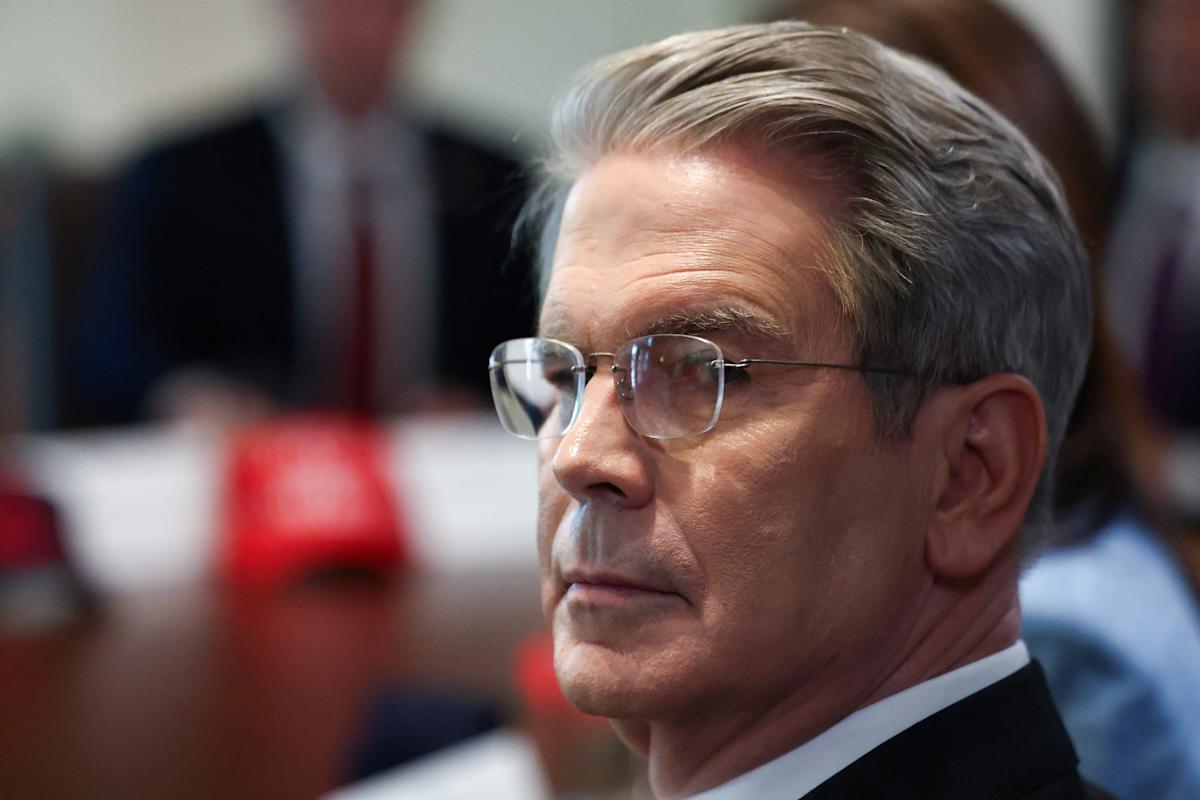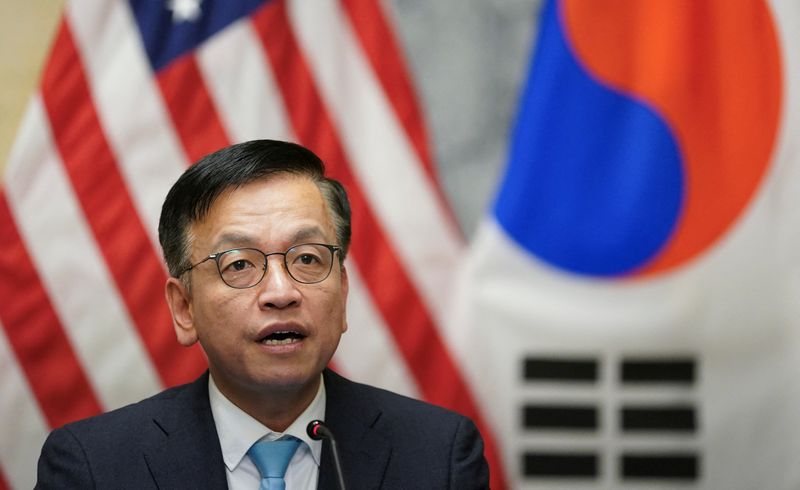
Small Business Survival: How Owners Are Prioritizing Employee Health and Financial Wellness
Lincoln Financial Unveils Insights into Small Business Benefits Landscape
As National Small Business Week prepares to kick off from May 4th to 10th, Lincoln Financial (NYSE: LNC) has released groundbreaking research that offers a comprehensive look into the workplace benefits landscape for small businesses across the United States.
The study, which surveyed over 550 small business owners with workforces ranging from 5 to 499 employees, reveals a compelling narrative about their aspirations and challenges in providing workplace solutions.
Key findings highlight that small business owners are increasingly committed to investing in robust health and financial benefits for their employees. The research suggests that with proper guidance and strategic support, these businesses can leverage workplace benefits as powerful tools for employee attraction, retention, and overall organizational success.
By understanding the nuanced needs of small businesses, Lincoln Financial aims to provide tailored solutions that empower entrepreneurs to create more competitive and supportive work environments.
As the national spotlight turns to small businesses during this dedicated week, this research offers valuable insights into the evolving priorities of America's entrepreneurial backbone.









